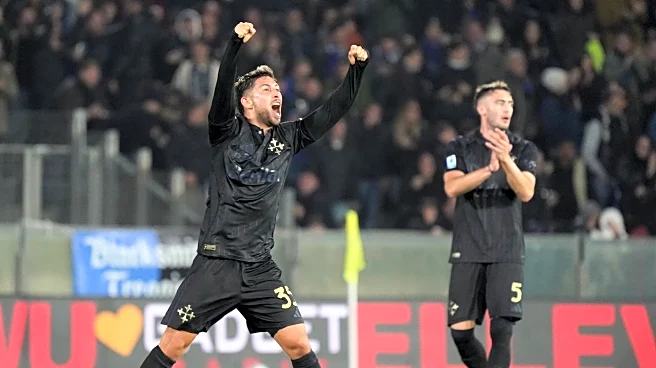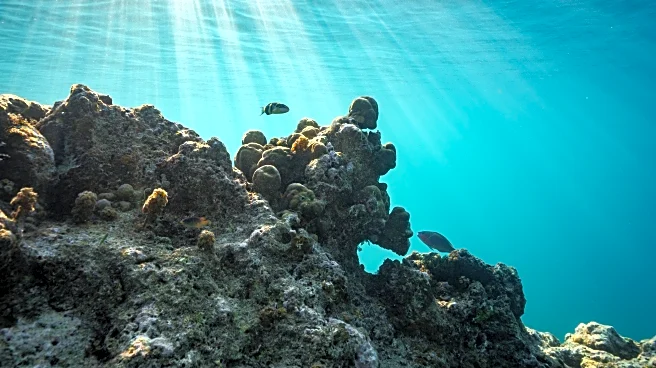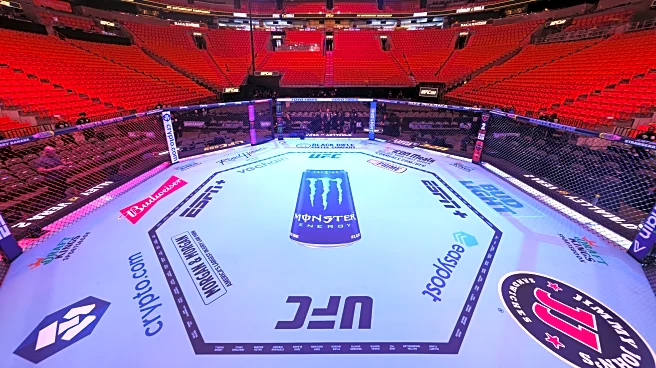Rapid Read • 8 min read
Inspectors from the United Nations nuclear watchdog have returned to Iran, marking the first time since a military conflict with Israel that they have been allowed to resume their activities. The head of the International Atomic Energy Agency (IAEA), Rafael Grossi, announced the restart of inspections, despite Iran's previous ban on cooperation following Israeli strikes on its nuclear facilities. The conflict, which lasted 12 days, involved retaliatory attacks by Iran on Israeli cities and U.S. strikes on Iranian sites. The IAEA had withdrawn its team in July after Iran's parliament passed a law halting cooperation. Iranian officials, including parliamentary speaker Mohammad Bagher Ghalibaf and Foreign Minister Abbas Araghchi, confirmed the inspectors' return, although Araghchi denied any new cooperation agreement. The inspectors are currently monitoring fuel replacement at the Bushehr nuclear power plant.
AD
The return of UN inspectors to Iran is significant as it may influence international relations and nuclear policy in the region. The inspections are crucial for monitoring Iran's compliance with the Nuclear Non-Proliferation Treaty, which aims to prevent the spread of nuclear weapons. The resumption of inspections could ease tensions between Iran and Western countries, potentially averting the reimposition of UN sanctions. However, the situation remains delicate, as Iran has scaled back compliance with the 2015 nuclear deal following President Trump's withdrawal from the agreement. The E3 countries—France, Germany, and the UK—have warned of reimposing sanctions if Iran continues to violate its obligations.
Negotiations between Iran and Western countries are expected to continue, with the possibility of resuming talks over Iran's nuclear program. The E3 countries have indicated they may use the 'snapback' mechanism to reimpose sanctions if Iran does not comply with the 2015 nuclear agreement. The presence of UN inspectors could facilitate dialogue, but internal opposition within Iran may complicate cooperation. The international community will be closely monitoring developments, as any escalation could impact regional stability and global nuclear policy.
The return of inspectors highlights the complex interplay between international diplomacy and domestic politics in Iran. The decision to allow inspections may face resistance from Iranian lawmakers who view international oversight as a threat to national security. Additionally, the situation underscores the challenges of enforcing nuclear non-proliferation in a volatile geopolitical landscape. Long-term implications could include shifts in regional alliances and the balance of power in the Middle East.
AD
More Stories You Might Enjoy












